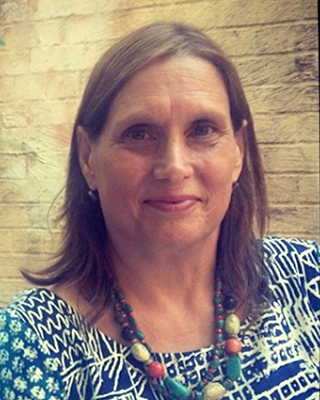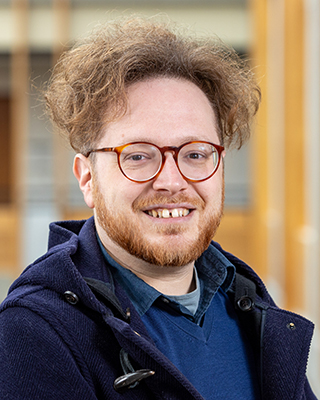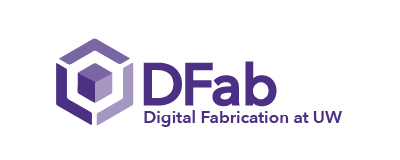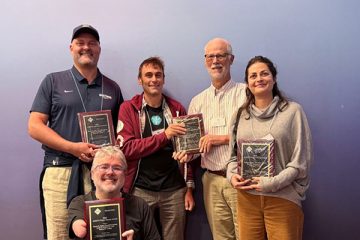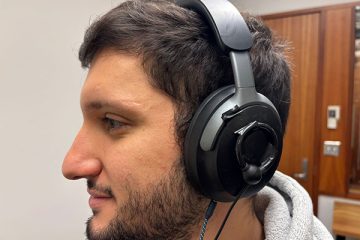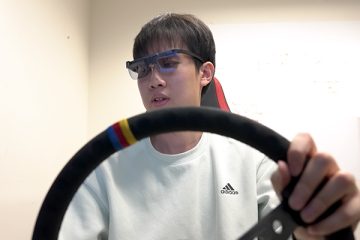Advances in low- and no-power sensing, communication and interaction technologies offer new possibilities for blending digital innovation with our physical environment.
From gesture recognition that allows people to interact with objects in new ways, to low-power sensors that collect and transmit data about temperature, air quality, urban accessibility and more, our researchers are tapping into the potential of computation to transform how we experience the world around us.
Research Groups & Labs
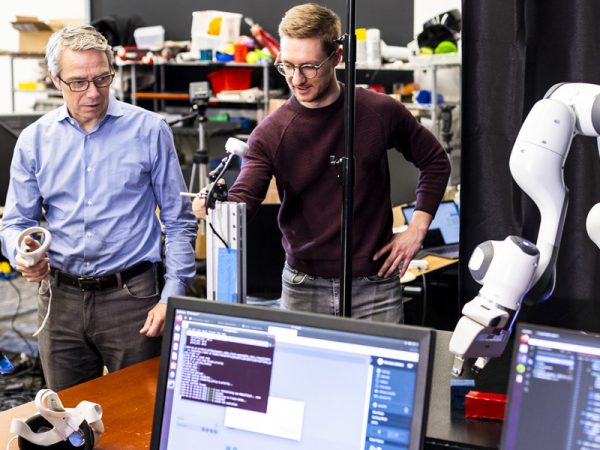
Robotics and State Estimation Lab
We are interested in the development of computing systems that interact with the physical world in an intelligent way. To investigate such systems, we focus on problems in robotics and activity recognition.

Security and Privacy Research Lab
The Security and Privacy Research Lab works on a variety of topics, ranging from studying and addressing security and privacy risks in existing technologies, to anticipating future risks in emerging technologies.
Faculty Members
Centers & Initiatives
DFab is a network of researchers, educators, industry partners, and community members advancing the field of digital fabrication at UW and in the greater Seattle region.
The Transportation Data Equity Initiative (TDEI) aims to enhance the quality and accessibility of travel services by building open source data collection and vetting tools, transportation data digital infrastructure, and governance frameworks that enable public-private data sharing and interoperability. The TDEI is a project sponsored by The Complete Trip, an ITS4US Deployment Program.
Highlights
Allen School News
WIRED
UW News


